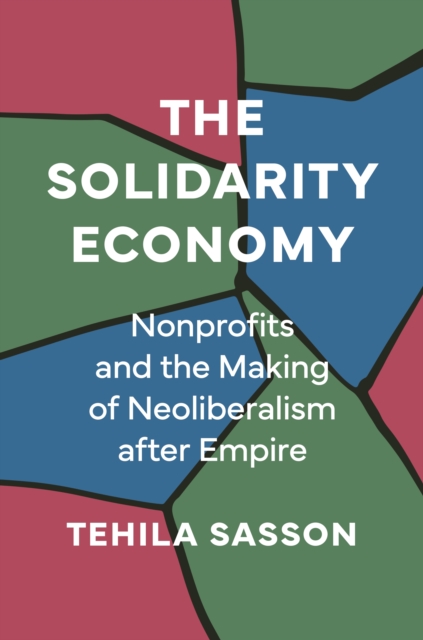
The Solidarity Economy : Nonprofits and the Making of Neoliberalism after Empire Hardback
by Tehila Sasson
Hardback
Description
The untold story of the role of humanitarian NGOs in building the neoliberal order after empireAfter India gained independence in 1947, Britain reinvented its role in the global economy through nongovernmental aid organizations.
Utilizing existing imperial networks and colonial bureaucracy, the nonprofit sector sought an ethical capitalism, one that would equalize relationships between British consumers and Third World producers as the age of empire was ending.
The Solidarity Economy examines the role of nonstate actors in the major transformations of the world economy in the postwar era, showing how British NGOs charted a path to neoliberalism in their pursuit of ethical markets. Between the 1950s and 1990s, nonprofits sought to establish an alternative to Keynesianism through their welfare and development programs.
Encouraging the fair trade of commodities and goods through microfinance, consumer boycotts, and corporate social responsibility, these programs emphasized decentralization, privatization, and entrepreneurship.
Tehila Sasson tells the stories of the activists, economists, politicians, and businessmen who reimagined the marketplace as a workshop for global reform.
She reveals how their ideas, though commonly associated with conservative neoliberal policies, were part of a nonprofit-driven endeavor by the liberal left to envision markets as autonomous and humanizing spaces, facilitating ethical relationships beyond the impersonal realm of the state. Drawing on dozens of newly available repositories from nongovernmental, international, national, and business archives, The Solidarity Economy reconstructs the political economy of these markets—from handicrafts and sugar to tea and coffee—shedding critical light on the postimperial origins of neoliberalism.
Information
-
Pre-Order
- Format:Hardback
- Pages:320 pages, 10 b/w illus.
- Publisher:Princeton University Press
- Publication Date:23/07/2024
- Category:
- ISBN:9780691250380
Information
-
Pre-Order
- Format:Hardback
- Pages:320 pages, 10 b/w illus.
- Publisher:Princeton University Press
- Publication Date:23/07/2024
- Category:
- ISBN:9780691250380






